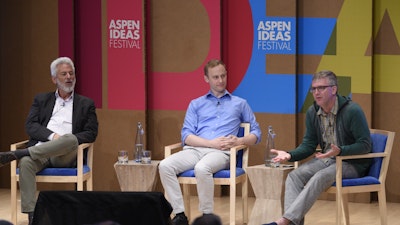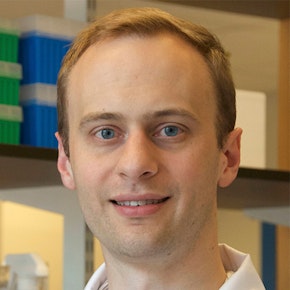Kevin Esvelt is an assistant professor at MIT Media Lab, where he leads the Sculpting Evolution group in exploring evolutionary and ecological engineering. After receiving his PhD at Harvard for inventing a synthetic microbial ecosystem to rapidly evolve useful biomolecules, he held two fellowships at Harvard and helped pioneer the development of CRISPR, a new method of genome engineering. In 2013, Esvelt was the first to identify the potential for CRISPR “gene drive” systems to alter wild populations of organisms. An advocate of open science to accelerate discovery and improve safety, he seeks to use gene drive as a catalyst to reform the scientific ecosystem.
Previously

New genetic technologies have the potential to cure disease, alleviate hunger, and lead a clean energy revolution. But with these powerful new possibilities come with a range...

Should we ever intentionally drive a species to extinction? Most people probably agree with deadly diseases like smallpox and malaria, but what about the New World screwworm?...


